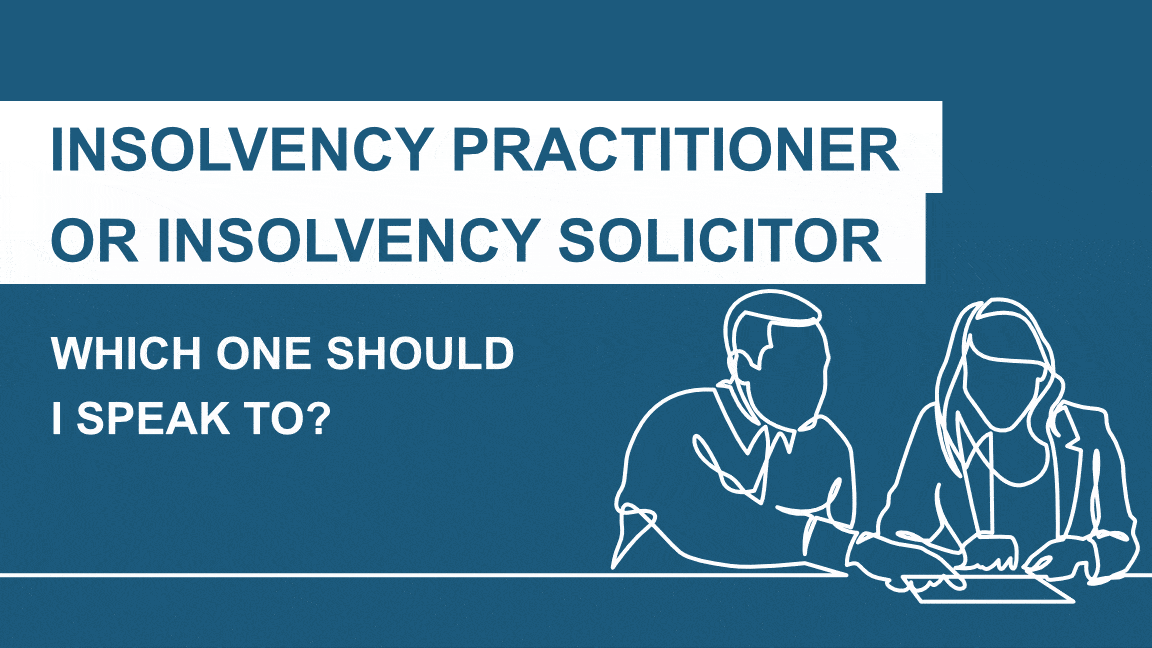Top Guidelines Of Insolvency Practitioner
Top Guidelines Of Insolvency Practitioner
Blog Article
The Facts About Insolvency Practitioner Revealed
Table of ContentsThe Single Strategy To Use For Insolvency PractitionerWhat Does Insolvency Practitioner Mean?Getting The Insolvency Practitioner To WorkSome Ideas on Insolvency Practitioner You Should KnowThe Best Guide To Insolvency Practitioner
Whether or not you require to use an insolvency specialist (IP) to liquidate your company depends upon different elements. While engaging a bankruptcy specialist for all forms of liquidation is not a lawful demand, doing so can commonly improve the process and ensure compliance with legal needs. Liquidating a business is an important decision that comes with considerable effects.
It is a treatment utilized when a company does not have any type of creditors, or every one of their lenders can be repaid completely with legal rate of interest. Understanding the different sorts of bankruptcy processes can aid you identify the ideal program of action for your company's liquidation or various other official insolvency treatments itself.
This is mandatory in order to follow legal demands - Insolvency Practitioner. This is due to the fact that IPs have the needed qualifications and experience to make certain that the liquidation process is conducted according to all applicable legislations and guidelines. By involving a certified bankruptcy practitioner, you can have satisfaction understanding that your business's liquidation procedure will certainly be taken care of professionally and in conformity with the appropriate lawful requirements
Some Known Details About Insolvency Practitioner
The insolvency specialist is appointed as a liquidator and is in charge of managing the business and liquidator's financial obligations exceptional liabilities and possessions. This process includes selling off the business's possessions and distributing the earnings to financial institutions. Upon completion of the procedure, the firm is eliminated from the register at Firms House.
Stopping working to do so can result in personal liability for the business or supervisor for the financial institution's financial debts. Voluntary liquidation, that includes Lenders' Volunteer Liquidation (CVL) and Participants' Voluntary Liquidation (MVL), is started by the business's directors and investors when they can no longer pay their debts. In a CVL, the insolvency expert is assigned as the liquidator, in charge of taking care of business financial debts and all business properties.

The Greatest Guide To Insolvency Practitioner
By assessing the knowledge and experience of prospective bankruptcy practitioners, you can ensure that you pick a specialist who has the required certifications to handle your business's liquidation procedure properly. While insolvency practitioner-led liquidation is commonly the most suitable program of site action for firms facing insolvency, there are alternate strategies to consider, such as striking off and partial liquidation.
It's vital to review all readily available choices prior to determining on the following ideal remedy or course of action for your business. Striking off companies' registers is a more straightforward and affordable way to shut dormant or small companies without debts or possessions. To strike off a company, its name is removed from the Firms Residence register by submitting form DS01.
Before deciding for striking off, it's essential to evaluate the advantages and downsides of this method and consider whether it's the right option for your business. Partial liquidation is another option to bankruptcy practitioner-led liquidation, in which a firm liquidates specific assets and liabilities while remaining to operate with the remaining properties and obligations.
A Bankruptcy Professional will be able to encourage you of the finest strategy to take and make certain that whatever runs smoothly. It is not possible to liquidate a business without a liquidator. Designating an authorized bankruptcy specialist is necessary for the process of volunteer liquidation to begin.
Getting My Insolvency Practitioner To Work
It is feasible to shut and liquidate your business without making use of a liquidator, provided your business is solvent and you meet the eligibility demands to liquify or liquidate it. If your firm is insolvent, you may be needed to utilize a liquidator and start official bankruptcy treatments. Right here are some various other helpful write-ups see this website regarding company liquidation in the UK:.
Remaining in a position where you're unable to pay your company's financial institutions is extremely stressful. In an attempt to prevent increasing the level of debt, many business try to work out directly with their lenders and accept a casual arrangement. If the financial debt is quite tiny and owed to one creditor, and the lender is being cooperative, getting in into an informal financial obligation setup is most likely the most effective remedy, instead than browsing the internet for 'a bankruptcy practitioner near me'.
On the other hand, if there are numerous creditors and the degree of financial obligation is huge, financial institutions may not be so prepared or participating. To avoid liquidation or personal bankruptcy, it is much better to employ an insolvency professional to prepare official proposals and work out with financial institutions in your place.
Insolvency Practitioner for Beginners
Whilst it is a way to handle financial debt, there are substantial risks entailed with this kind of financial debt plan - Insolvency Practitioner. If a creditor wants to participate in a casual arrangement (IA) where the borrower has actually consented to make normal, if reduced, payments to pay off the financial obligation, it is essential to stick to the contract

Therefore, the financial institution is within their legal rights to revoke the agreement and request the courts for your firm to be sold off at any time. An official setup that has been recommended by a bankruptcy expert in your place, and agreed by a financial institution, offers a much more secure alternative.
Report this page